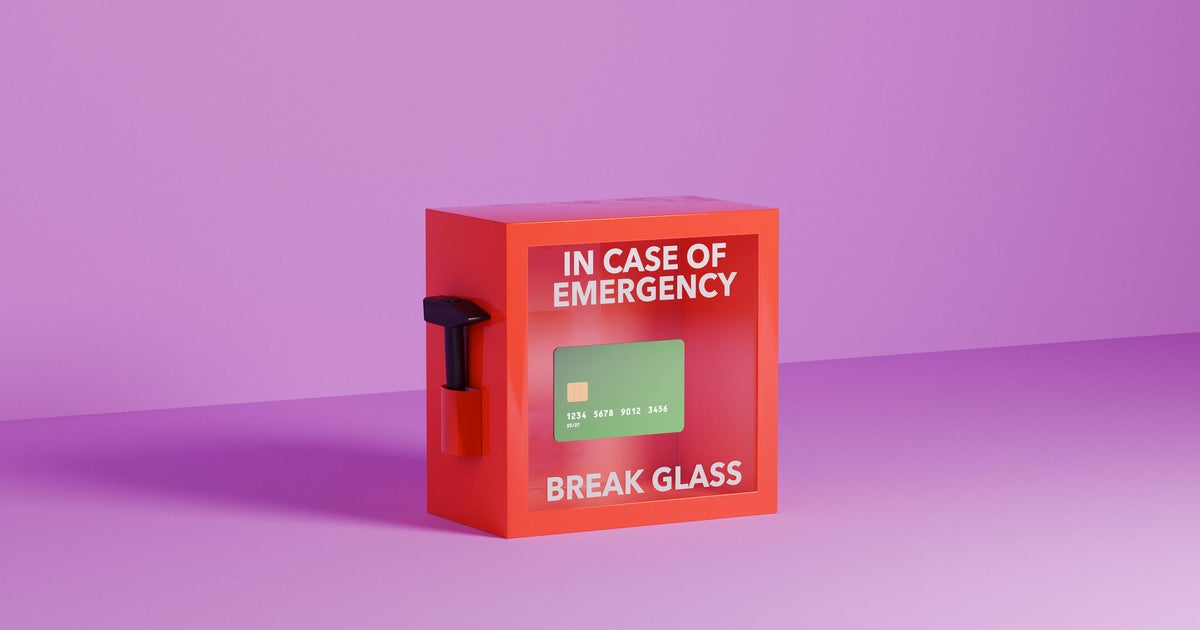What is universal life insurance?
If you have a spouse, children or other loved ones who depend on your income, life insurance can be smart protection to have. With these policies, your beneficiaries receive a lump sum payment if you die, ensuring they have funds to pay the bills, go to college or handle any other expenses they might incur after your death.
But not all life insurance policies are created equal, and there are actually many types you might consider, including term life insurance, whole life insurance and universal life insurance.
If you're in the market for life insurance then start by getting a free price quote so you know exactly what to expect.
Here's what you should know about universal life insurance - and how it can benefit you.
What are the benefits of universal life insurance?
There are many advantages to getting universal life insurance. These include:
- Flexibility: If you need to reduce your premiums over time, you can, or if you find yourself needing to take cash out down the line, you can also borrow against the policy.
- Affordability: They tend to be less expensive than whole life insurance policies, saving you money in the long run.
- Longevity: Universal life insurance policies are permanent, meaning you're covered for a lifetime.
- Forced savings: All universal life insurance policies have a cash value account, which allows you to save money and grow your funds over time.
There are also some tax perks that come with universal life insurance. For example, taxes are deferred on any growth the cash value account sees, and beneficiaries pay no income tax when receiving their death benefit.
If this sounds like a type of coverage that would benefit you then start by getting a free price estimate to see if it makes sense for you.
What is universal life insurance?
Universal life insurance is a type of long-term insurance. It provides lifetime protection and tends to be the most flexible option when it comes to life insurance.
All universal life insurance policies have a cash value portion (sort of like a built-in savings account), which earns interest and grows over time. Once that cash value reaches a certain point, you can borrow against the policy or use the balance to reduce your premiums, increase your death benefit or even stop making payments entirely.
How universal life insurance works
With universal life insurance, you'll pay premiums, part of which will go to the cost of your death benefit, and the other part will go toward your cash value account. When the value in that account reaches a designated threshold, you'll be able to tap it to pay your premiums, reduce your premiums or increase your death benefit, if desired.
Once you pass on, your beneficiaries will receive a payment based on the policy and the balance of the cash value account. They won't owe income taxes on this amount and can use the funds as they see fit.
Other considerations
There are some downsides, though, and in some cases, another type of policy — like term or whole life insurance — may be better.
Disadvantages of universal life insurance include:
- It's not guaranteed: Your cash value account isn't guaranteed to grow, as in some other life insurance types. There is also no guaranteed benefit for beneficiaries.
- Could be risky: Should you do it, stopping monthly payments and relying on your cash value account can be risky. If you exhaust your account's balance, your policy may even lapse.
- Benefits aren't as big as on other policies: Term life insurance policies offer the most bang for your buck, benefit-wise. So, if you're looking to maximize the benefit your loved ones receive, universal life insurance may not be the best choice.
- Hands-on: With universal life insurance policies, you'll need to actively monitor your cash balance, particularly if you're using the account cover premiums. Otherwise, you could exceed your account balance and your policy could lapse.
The right type of life insurance policy depends on your age, health, budget and goals. Get a personalized free price quote now or simply start shopping providers by using the table below.
How much do universal life insurance policies typically cost?
As with any insurance policy, the cost of universal life insurance varies based on many factors. Your age is the biggest influencer, with costs increasing as you get older, but other details like your health, your smoking habits and the size of the death benefit play a role too.
It's always smart to shop around when getting a new insurance policy, as premiums and coverage options can vary quite a bit. You can get quotes directly from insurance companies or work with an insurance broker, who can help you compare options from various insurance providers across the country.




